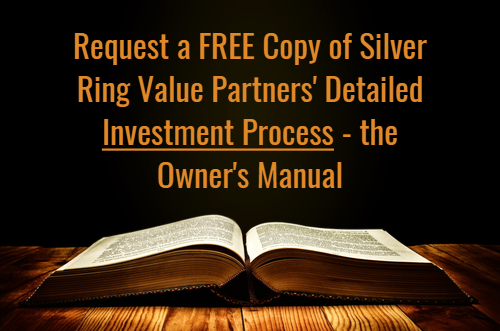5 Insights From The 2019 Berkshire Hathaway Annual Meeting
/Warren Buffett and Charlie Munger provided many insights when they answered questions for nearly 6 hours on Saturday, May 4th, during the 2019 Berkshire Hathaway Annual Meeting. The following 5 themes stood out as the most important for investors.
Read More





















